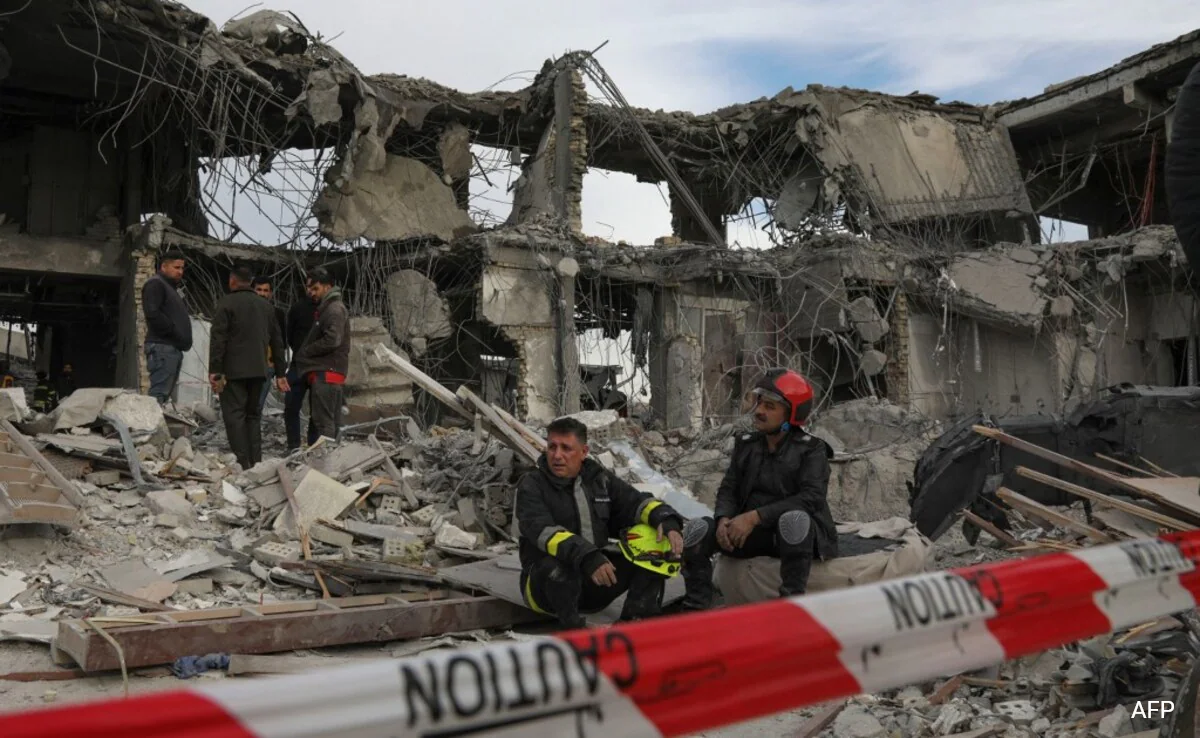Earlier this week, amidst the ongoing Israel-Gaza conflict and the Red Sea crisis, a surprising development occurred when Iran launched missile strikes into Pakistan’s Baluchistan province. Iran claimed to have targeted two strongholds of anti-Iran insurgent groups, specifically Jaish al-Adl (Army of Justice). Notably, Iran announced this attack on Pakistan simultaneously with its strikes in Iraq and Syria.
Within a span of less than two days following Iran’s strikes, Pakistan retaliated with both missiles and fighter jets, targeting what it described as hideouts of ethno-nationalist insurgents with anti-Pakistan sentiments operating from Iranian soil in the Sistan–Baluchistan province.
The two nations find themselves targeting armed groups along their 900km long volatile border, aiming to safeguard their respective national security.
“The group has taken shelter in some parts of Pakistan’s Balochistan province. We’ve talked with Pakistani officials several times on this matter,” Iran’s Foreign Minister Hossein Amir Abdollahian said on Tuesday from the Swiss city of Davos.
The Iranian offensive occurred shortly after a joint naval exercise between Iran and Pakistan, as well as discussions between the two countries’ foreign ministers at the World Economic Forum in Davos. Although both nations summoned their respective envoys, there has been no mention of diplomatic relations being severed.
Videos from the incident depict what seems to be a precise strike on a building, with Iranian media celebrating the destruction of a site labelled as a “terrorist” location. The Pakistani government reported that two children lost their lives in the attack, marking what is believed to be Iran’s first such strike on Pakistani soil.
The foreign ministries of both nations issued statements expressing mutual respect for each other’s territorial integrity while emphasizing that the measures taken were aimed at ensuring their individual national security.
The connections between the two nations
Iran and Pakistan have generally maintained peaceful relations, with minimal border skirmishes that have been either contained near the border or downplayed by both nations. However, the recent announcement of the attack by Iran has disrupted this established trend, marking the first instance since the end of the eight-year invasion of Iran by Iraq in 1988 where Iranian soil was targeted by a missile.
Since the 1979 revolution in Iran, the relationship between Iran and Pakistan has been functional, experiencing periods of warmth but ultimately not reaching a particularly strong level.
Although people-to-people exchanges between Iran and Pakistan serve as a strength in their relationship, there have been political grievances on both sides. For instance, the theocratic regime in Iran has experienced ideological discord with Sunni-majority Pakistan.
Is it about deterrence or the attempt to use force?
Iran might be employing coercion and projecting deterrence towards regional countries, such as Pakistan, to rethink their preexisting alignment with the United States and to not other further help that might allow the United States to counter Iran or its proxies in the region. rephrase it.
The Islamic Revolutionary Guards (IRGC) emphasized the use of their newly deployed Kheibar Shekan ballistic missile, boasting a declared range of 900 miles. Despite the option to launch the missiles from a province closer to Syria, they officially reported the launch site as Khuzestan, which is several hundred kilometers farther away. This indicates that the missiles travelled approximately 807 miles to accurately hit their designated targets.
This extensive range places the entirety of Israel and the occupied Palestinian territories within striking distance of Iranian missiles, delivering a clear message that Tehran is capable of fulfilling its longstanding threat to “raze Tel Aviv and Haifa to the ground” if deemed necessary.
The attacks on Pakistan were less extensive and spanned a relatively limited distance in comparison, forming just one aspect of a broader demonstration of force designed to enhance Iran’s deterrence without escalating the situation into a full-scale war. Nevertheless, on January 19th, both nations reached an agreement to de-escalate tensions resulting from a series of military actions in the border region of Baluchistan.

